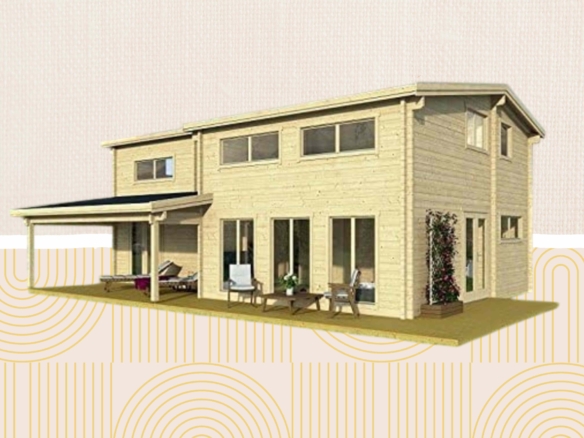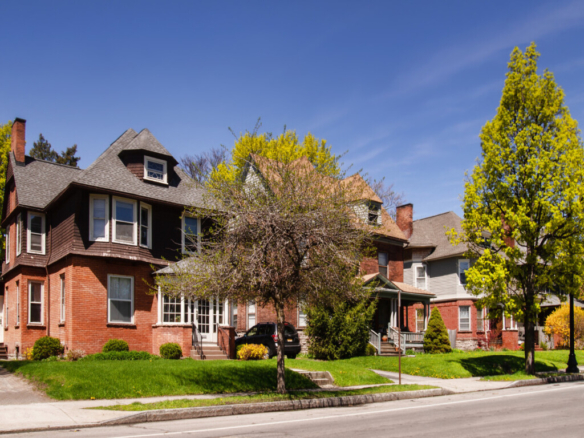
When buying a home or refinancing, one of the biggest decisions you’ll make is choosing between a 15-year and 30-year mortgage. Whether you’re looking at homes for sale in Los Angeles, CA or exploring properties in Austin, TX, the loan term you choose can impact your monthly payments, interest costs, and long-term financial goals.
In this Redfin article, we’ll explain how 15-year and 30-year mortgages differ, including payment examples, and when each option makes the most sense.

What’s the difference between a 15-year and 30-year mortgage?
The main difference between a 15-year and 30-year mortgage is how long you have to pay off the loan.
| Feature | 15-year mortgage | 30-year mortgage |
| Loan term | 15 years | 30 years |
| Monthly payment | Higher | Lower |
| Interest rate | Lower | Higher |
| Total interest paid | Lower overall | Higher overall |
| Time to build equity | Faster | Slower |
Because the loan is paid off in half the time, 15-year mortgages come with higher monthly payments, but you save significantly on interest and build equity much faster.
How monthly payments and interest costs compare
Even a slightly higher interest rate over a 30-year term can have a major impact on total interest paid.
Example 1: $400,000 loan
| Term | Estimated interest rate | Monthly payment | Total interest paid |
| 15-year | 5.25% | $3,213 | $178,000 |
| 30-year | ~5.75% | $2,334 | $440,000 |
You’d save roughly $260,000 in interest with a 15-year mortgage, though monthly payments are significantly higher.
Example 2: $250,000 loan
| Term | Estimated interest rate | Monthly payment | Total interest paid |
| 15-year | 5.30% | $2,011 | $112,000 |
| 30-year | 5.80% | $1,467 | $277,000 |
With this smaller loan amount, you’d save about $165,000 in interest by choosing a 15-year term instead of a 30-year term.
Everyone’s financial picture is different. Use our monthly mortgage calculator to compare real numbers based on your home price, down payment, and interest rate.
Rates are for illustrative purposes only and may vary based on lender and borrower qualifications.
When a 15-year mortgage makes sense
A 15-year loan may be a good fit if you:
- Want to build equity quickly
- Prefer paying off your home sooner
- Have a stable income with room for higher monthly payments
- Are refinancing and can take advantage of lower rates
- Prioritize long-term savings over monthly flexibility
This option is most popular among homeowners who can comfortably afford higher payments and want to save on interest – such as those refinancing, nearing retirement, or aiming to become mortgage-free faster.
When a 30-year mortgage makes sense
Choose a 30-year loan if you:
- Prefer lower monthly payments
- Want more room in your budget for expenses or investing
- Plan to buy a more expensive home
- Expect variable income or want financial flexibility
- Are a first-time buyer looking to keep payments manageable
A 30-year mortgage is common among first-time buyers and households that value lower monthly payments and more flexibility for other financial goals.
Can you pay off a 30-year mortgage early?
Yes, many homeowners choose a 30-year mortgage and make extra payments when they can. This approach offers flexibility while still helping you payoff your loan faster and save on interest.
Ways to pay off a 30-year loan early:
- Make extra principal payments monthly
- Apply work bonuses or tax refunds to the mortgage
- Switch to bi-weekly payments
- Refinance later to a shorter term
>>Read: Can You Pay Off Your Mortgage Early with Extra Payments?
How to decide between a 15-year vs. 30-year mortgage
Ask yourself these questions before choosing a loan term:
- Do I value lower payments or paying less interest overall?
- Is my income stable enough for higher monthly payments?
- How long do I plan to stay in the home?
- Do I want more cash flow flexibility for emergencies and investments?
- Can I still comfortably save for retirement, travel, or other goals?
If you want lower monthly payments and maximum control over your budget, a 30-year mortgage is typically best. If you’re focused on long-term savings and building equity fast, a 15-year mortgage may be worth the higher payments.
The bottom line
Both 15-year and 30-year mortgages can be smart financial choices, it all depends on your priorities.
- Choose a 15-year mortgage if you want to save the most on interest and can comfortably handle higher payments.
- Choose a 30-year mortgage if you want lower payments and more room in your budget.
Before committing, compare loan quotes from multiple lenders and consider running the numbers with a mortgage affordability calculator.
Frequently asked questions about 15 vs. 30-year mortgage
1. Is a 15-year or 30-year mortgage better?
It depends on your financial situation. A 15-year mortgage saves significantly on interest and helps you build equity faster, while a 30-year mortgage offers lower monthly payments and more budget flexibility. If you can comfortably afford a higher payment and want to pay off your home faster, a 15-year mortgage might make sense. If you prefer lower monthly payments or want to qualify for a bigger home, a 30-year term may be better.
2. Do 15-year mortgages have lower interest rates?
Yes, 15-year mortgages typically come with lower interest rates because lenders take on less risk over a shorter repayment period. That means less interest paid overall compared to a 30-year loan.
3. How much more expensive is a 15-year mortgage each month?
Monthly payments can be 30–60% higher on a 15-year loan versus a 30-year loan. Use a mortgage calculator to plug in your numbers so you can see exactly how much your monthly payment would differ based on your down payment, interest rate, and loan amount.
4. How long do most people choose to finance a home?
Most U.S. homebuyers choose a 30-year mortgage because it offers the lowest monthly payment and provides the most financial flexibility. However, more buyers are considering 15-year loans to build equity faster, especially when refinancing.
5. Is a 15-year mortgage good for first-time homebuyers?
It can be, but often, first-time buyers benefit from the lower monthly payments of a 30-year mortgage. This leaves more room for savings, emergency funds, and homeownership expenses.
6. Can I switch from a 30-year to a 15-year mortgage later?
Yes, many homeowners start with a 30-year mortgage and refinance to a 15-year term later once their income increases or they want to pay down the loan faster.
The post 15-Year vs. 30-Year Mortgage: Which Loan Term Is Right for You? appeared first on Redfin | Real Estate Tips for Home Buying, Selling & More.





Join The Discussion